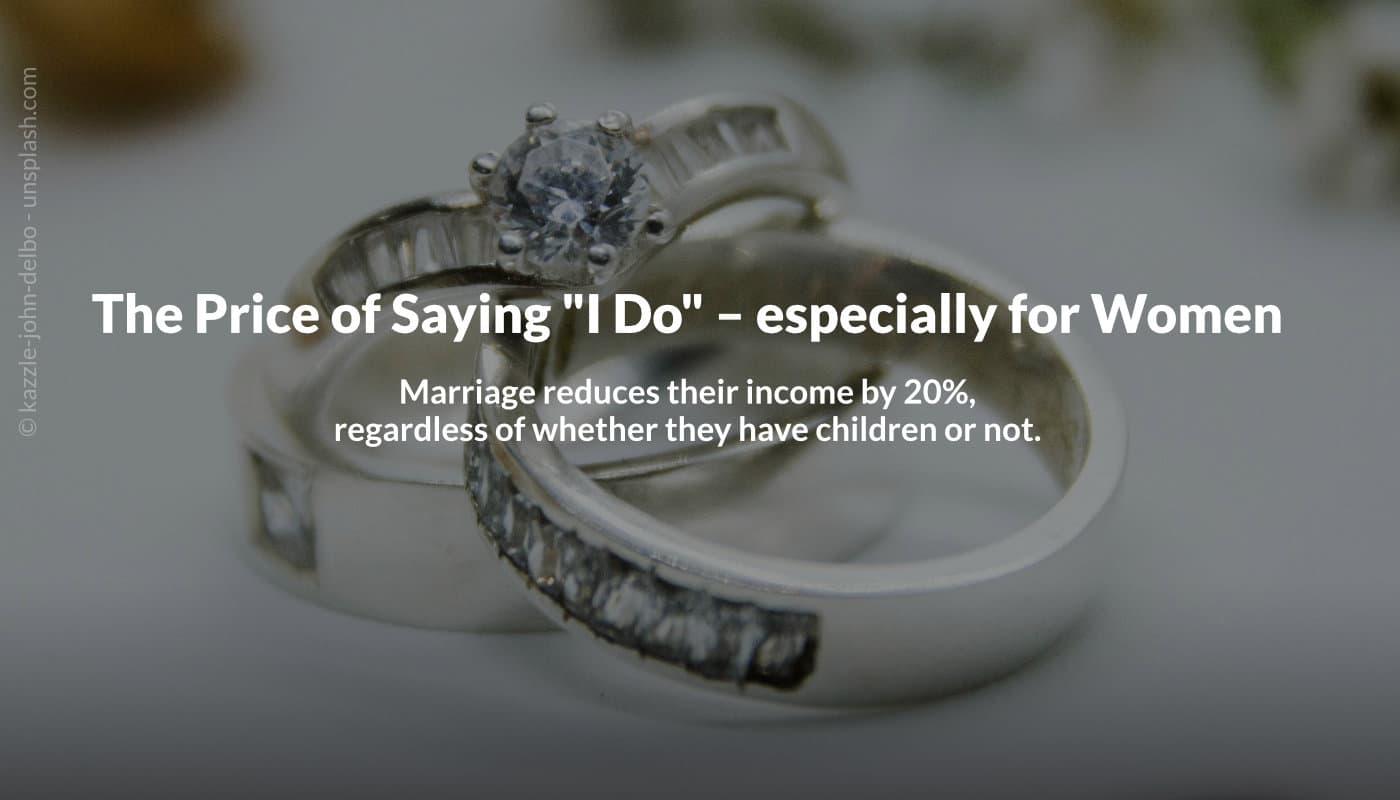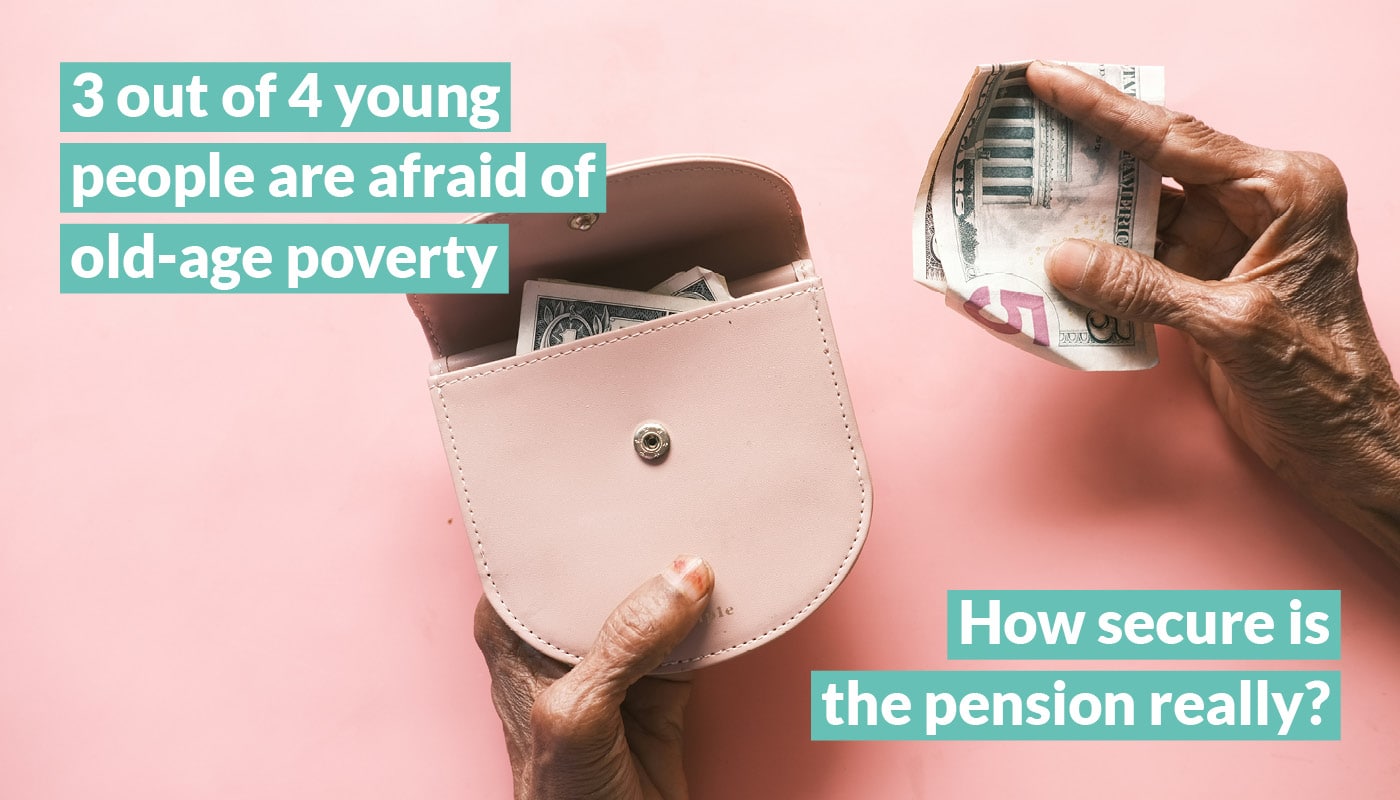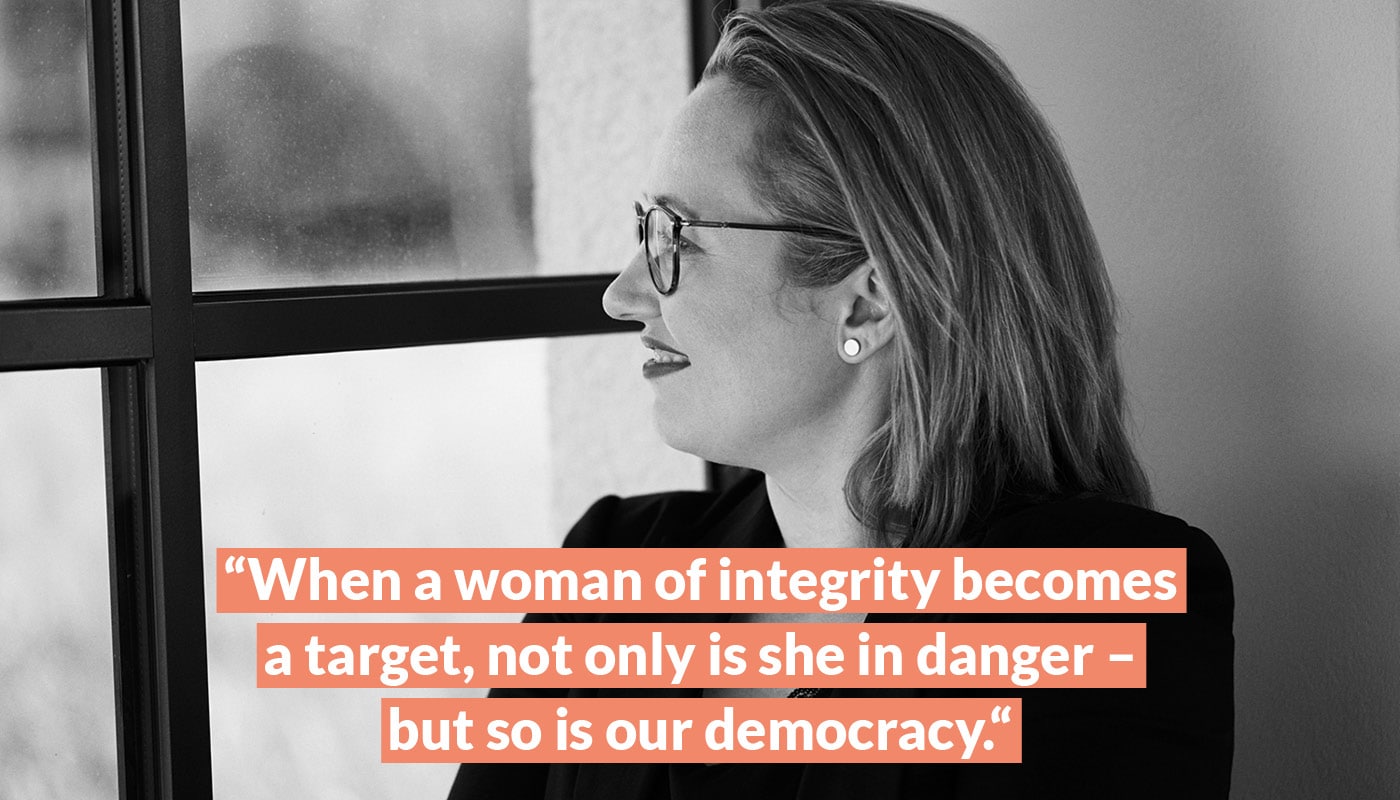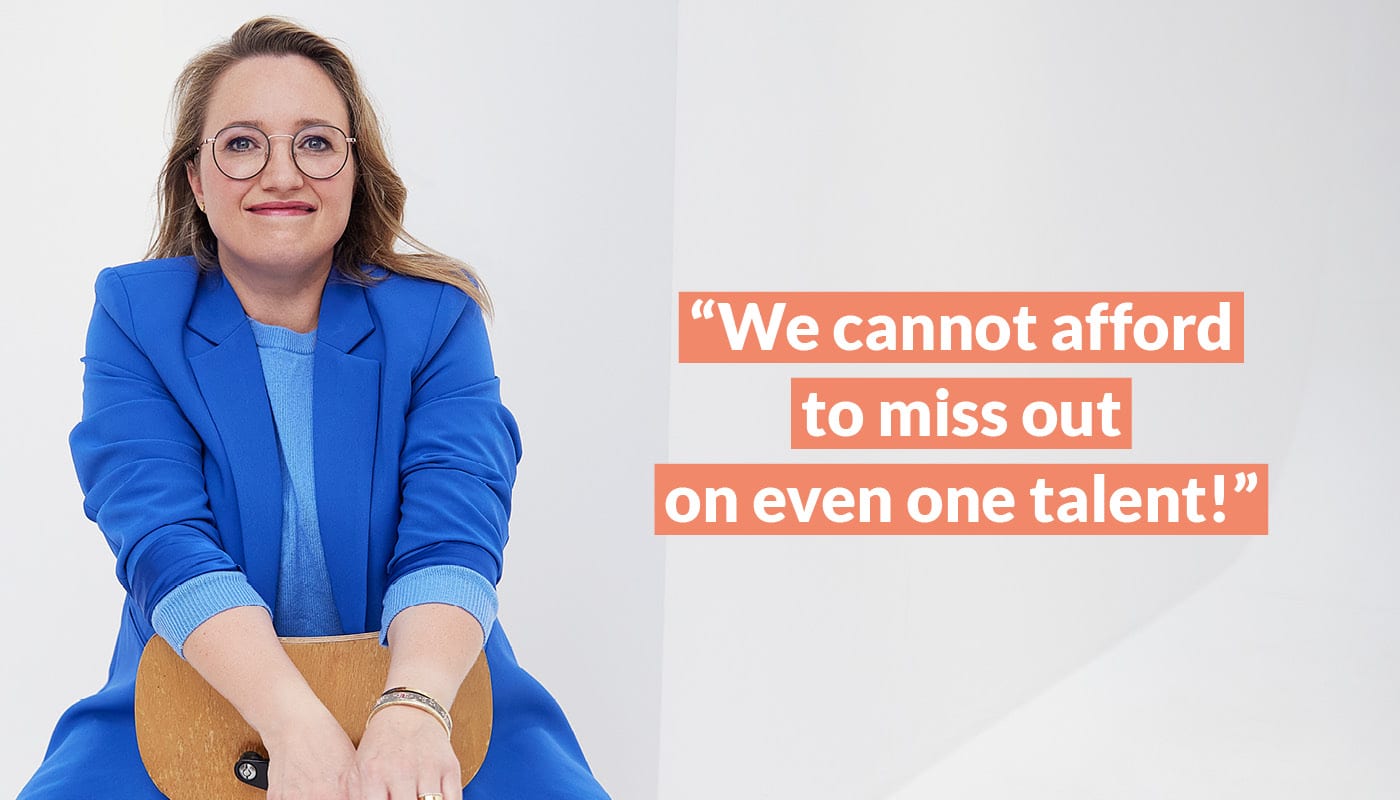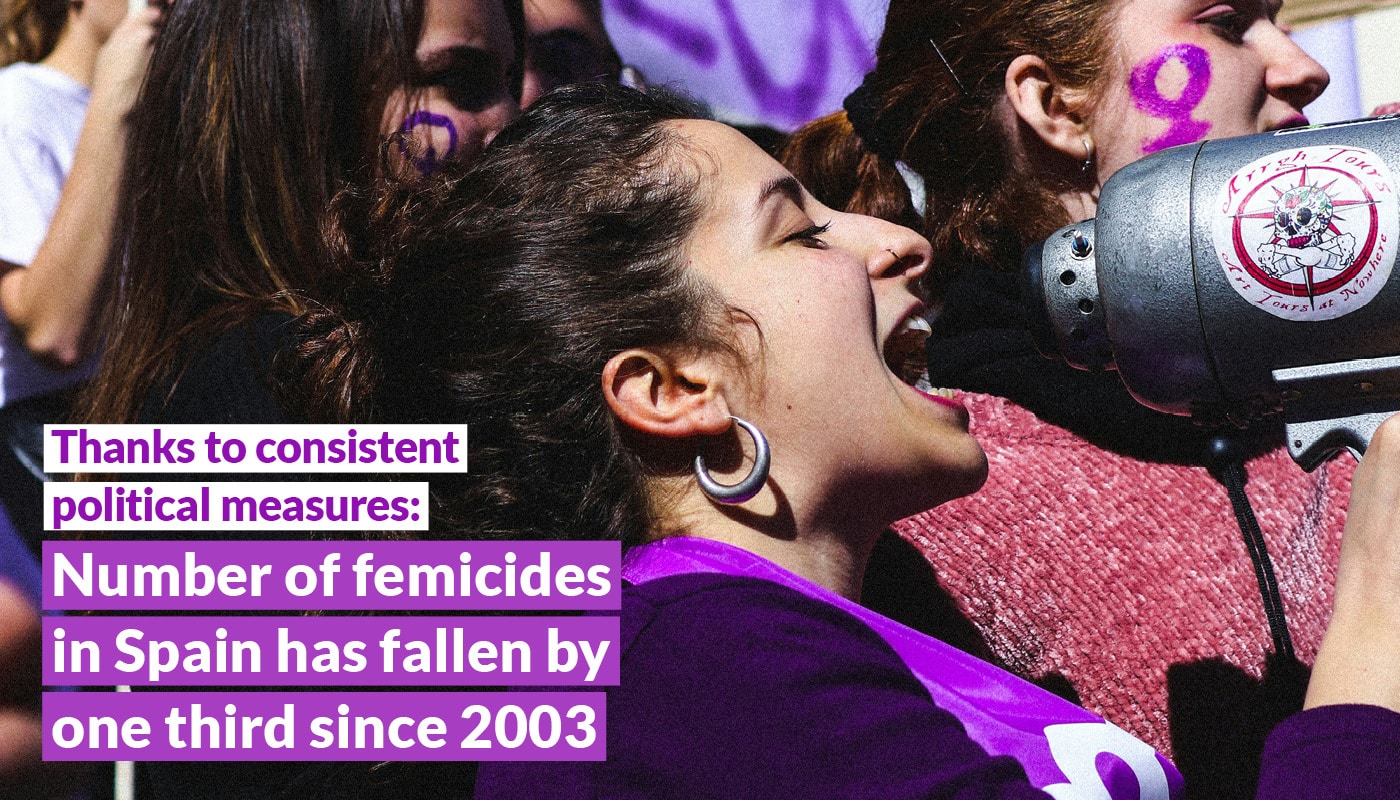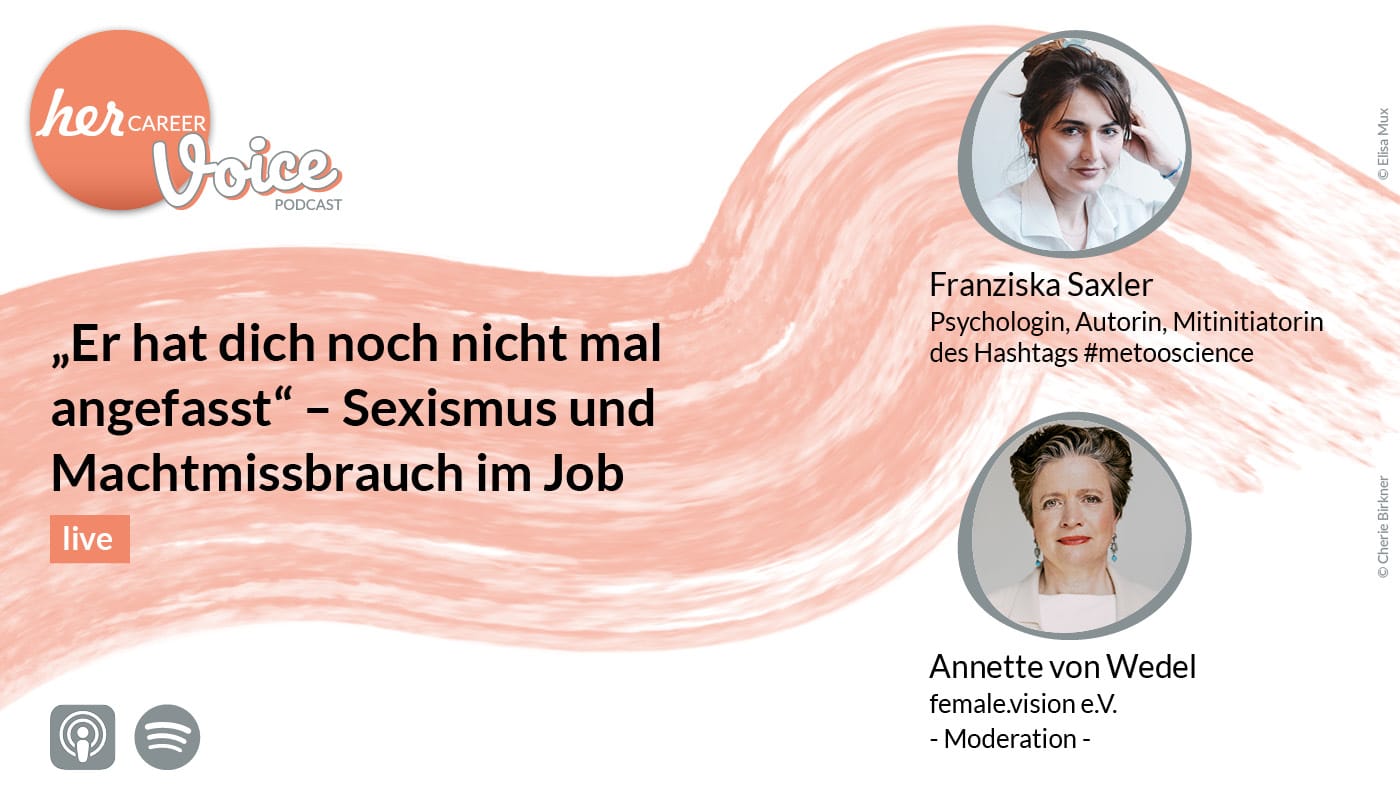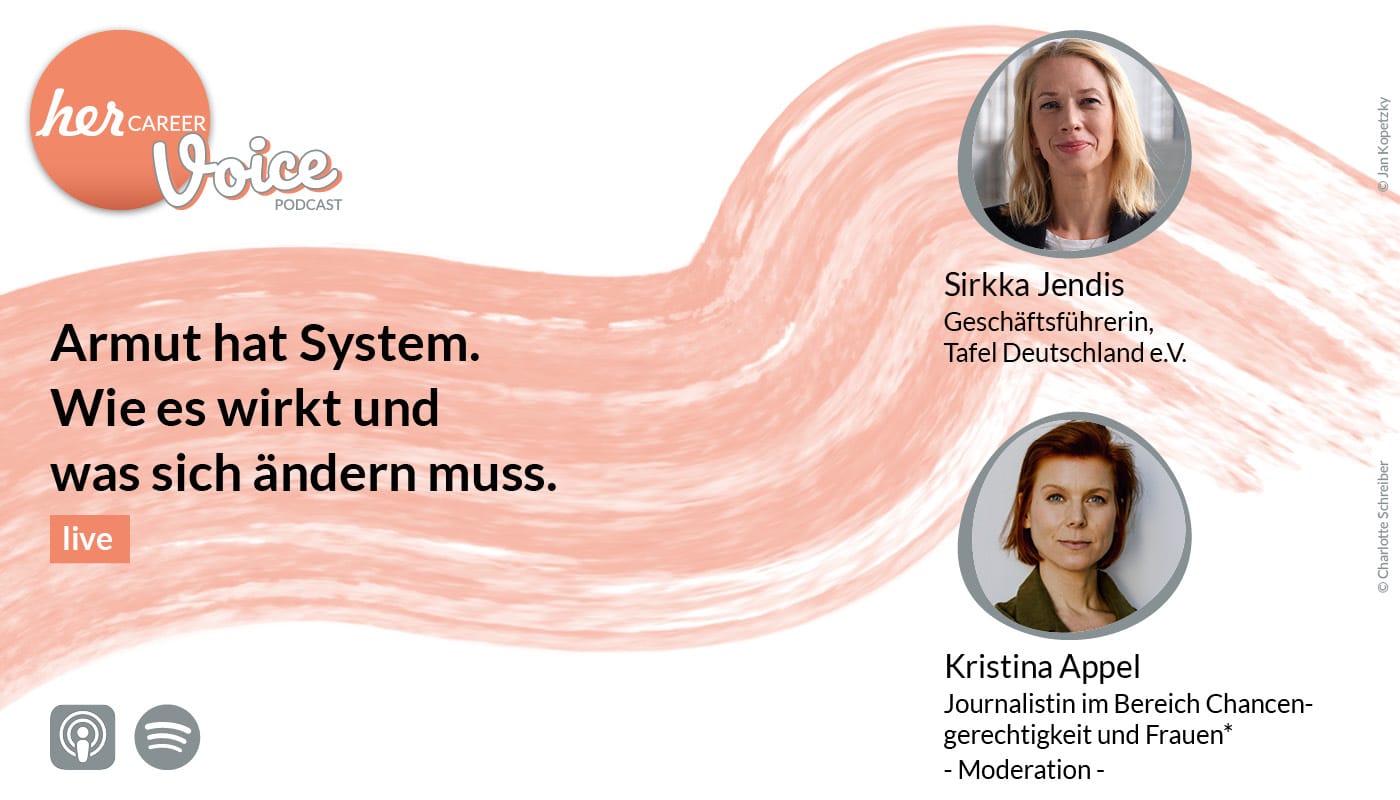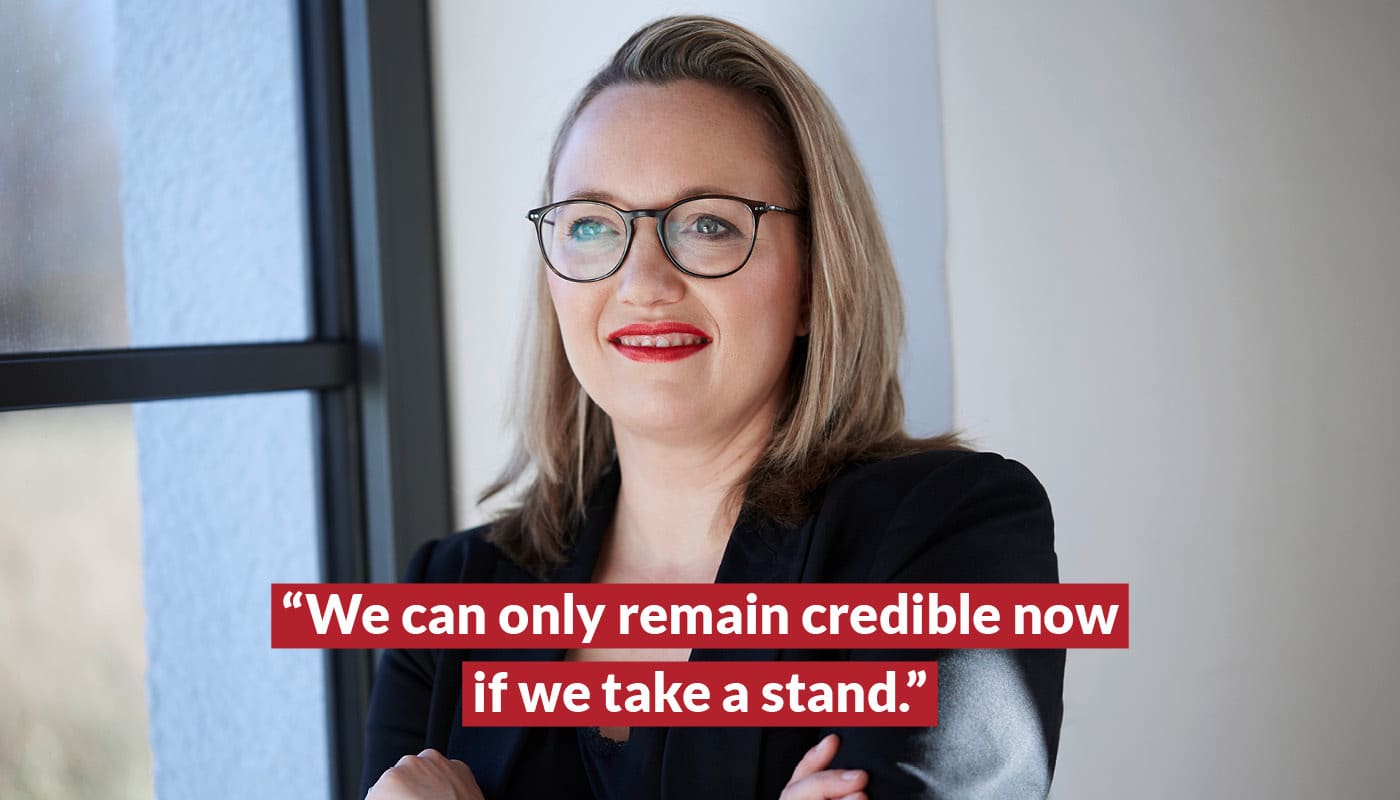The price of saying “I Do” – especially for women
That this applies to the wedding itself is no secret. But the fact that getting married becomes costly for women in the medium and long term — regardless of whether they have children or not! — has been demonstrated by a new study by Elena Herold and Luisa Wallossek. It describes the “Marriage Earnings Gap.”
The ifo Institute summarizes the study’s findings as follows:
“With marriage, women reduce their labor income by an average of 20%. The reason is that they work fewer hours or stop working altogether. For men, however, no decrease in income is observed after getting married. This is shown in a study by researchers from the ifo Institute and the University of Oslo based on pension insurance data. ‘Our research shows that income disparities between men and women widen within marriage — and this happens regardless of whether they have children,’ says ifo researcher Elena Herold.
One reason for the reduction in working hours, according to the study, is disincentives in the tax system. ‘A quarter of the income loss among wives can be attributed to income splitting for married couples,’ says Herold. In addition, gender roles are an important factor in the income decline. For instance, women who grew up in East Germany with more modern gender norms experience a smaller drop in income after marriage than women with more traditional gender roles in West Germany.”
Mike Schäfer writes on LinkedIn about the Marriage Earnings Gap, noting that the 20% income difference “doesn’t happen the very next day, but takes about five to six years to emerge. After that, it remains stable. One in ten women stops working altogether. Those who continue to work reduce their hours by around 18%. (…)
The time women invest (or are expected to invest) in care work is time they lack for paid work — and ultimately for retirement savings and pensions. (…)
The authors also looked into whether men’s income changes when they earn less and the woman is the primary breadwinner. Nope. Even then, women’s income decreases while men’s remains completely unaffected.
So it really doesn’t matter whether the woman earns less, the same, or even more than the man. In the end, she ends up doing more care work, has less time for paid employment — and nothing changes for him.”
Married women, then, don’t just take on far more care work than men when children are involved. They do so even when there are no children — with serious consequences for their long-term financial situation.
How can this be? How and why does politics keep managing to treat the systemic disadvantage of women as an afterthought?
Pay inequality is not a women’s issue — it’s a societal problem. And it makes no economic sense, especially when you consider the skilled labor shortage or women’s purchasing power. Add to that a tax system that rewards outdated gender roles.
Emilia Roig is the author of the book The End of Marriage. In an interview with herCAREER, she says: “Women are collectively robbed by a tax system and a labor market. And that’s no trivial matter. Women are being impoverished because their unpaid labor in marriage is being taken for granted. We have an economic model that reinforces this earnings gap.” She calls for more honesty, less romanticizing of marriage and motherhood, and for dismantling myths about happiness.
It’s so important to talk about the marriage earnings gap, the gender pay gap, and the gender lifetime earnings gap — and also about the setbacks in women’s bodily autonomy. What are we going to do to make sure our voices are finally heard?
In 1975, 90% of all women in Iceland went on strike for one day — walking off both paid and unpaid work — to protest unequal pay and lack of career opportunities. It was a general strike with such impact that Iceland is now a global role model for gender equality.
So where is our collective outcry in Germany? Where is our general strike?

Posted by Natascha Hoffner, Founder & CEO of herCAREER | Recipient of the FTAfelicitas Award from Femtec.Alumnae e.V. | LinkedIn Top Voice 2020 | Editor of the “Women of the Year” books published by Callwey Verlag
published on LinkedIn on 12.05.2025
References:
- https://www.ifo.de/pressemitteilung/2025-03-07/einkommen-von-frauen-sinken-nach-heirat
- https://www.linkedin.com/posts/mike-sch%C3%A4fer-5659b9107_wir-haben-es-alle-vermutet-doch-seit-ein-activity-7308418905515917312-Mss3
- Interview with Dr. Emilia Roig: https://www.her-career.com/ganz-befreit-bin-ich-nicht/
